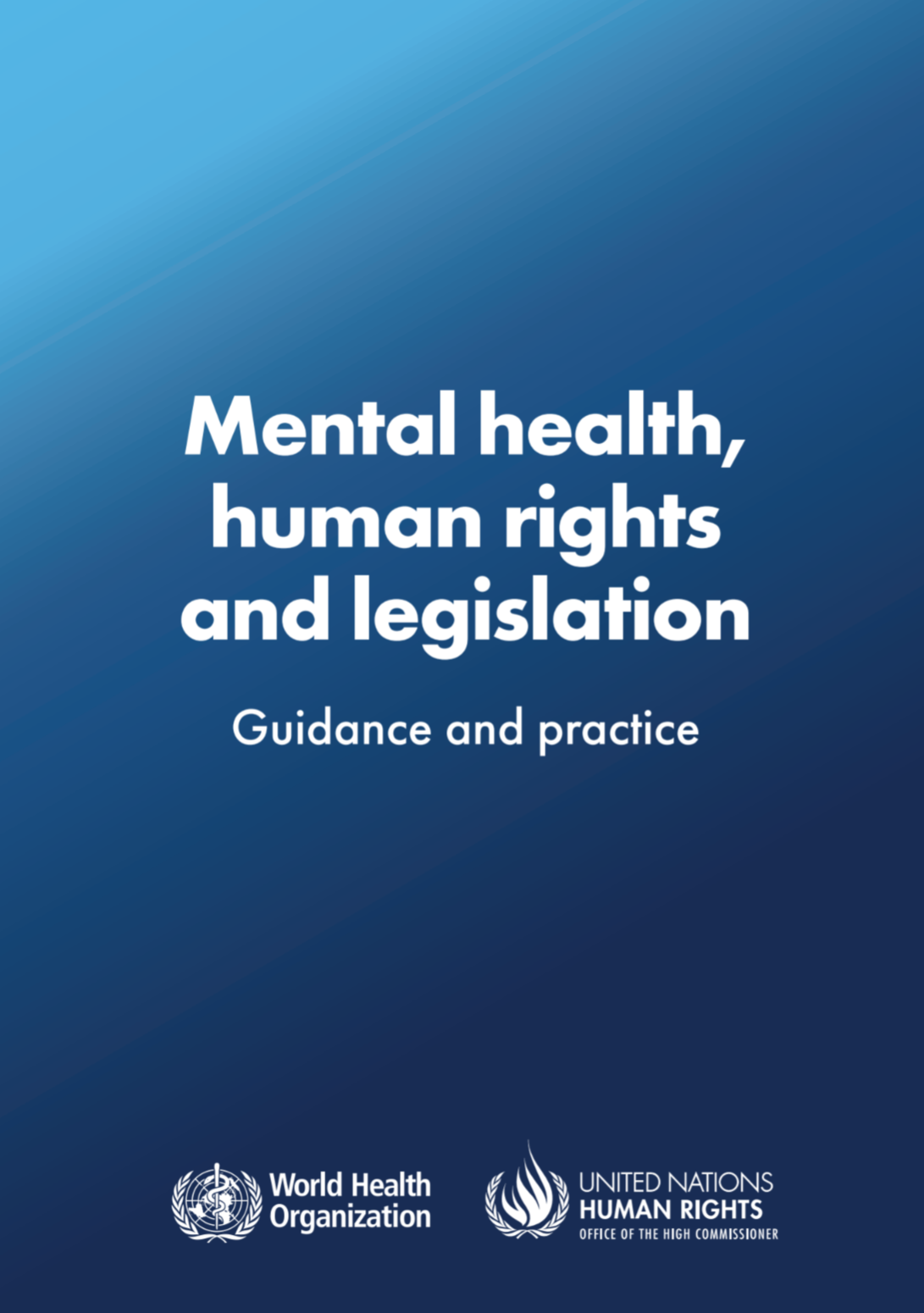

Most ebook files are in PDF format, so you can easily read them using various software such as Foxit Reader or directly on the Google Chrome browser.
Some ebook files are released by publishers in other formats such as .awz, .mobi, .epub, .fb2, etc. You may need to install specific software to read these formats on mobile/PC, such as Calibre.
Please read the tutorial at this link: https://ebookbell.com/faq
We offer FREE conversion to the popular formats you request; however, this may take some time. Therefore, right after payment, please email us, and we will try to provide the service as quickly as possible.
For some exceptional file formats or broken links (if any), please refrain from opening any disputes. Instead, email us first, and we will try to assist within a maximum of 6 hours.
EbookBell Team

5.0
90 reviewsin the 2030 Agenda for Sustainable Development, which aims to achieve good health and well-being for
all, underpinned by international human rights standards and a human rights-based model of disability.
Laws and policies guaranteeing the right of access to quality mental health care and support, and the right
of persons with mental health conditions and psychosocial disabilities to make their own decisions in all
spheres of life, represent important advances. Many countries are working towards improving access to
community mental health services, reducing stigma and discrimination around mental health issues and
promoting the active participation of persons with lived experience in law reform processes and the design
of policy responses. However, most countries are at the early stages of reform, and greater political will,
investment and action are now needed to move mental health systems towards approaches that are rights
based and person-centred.
The global impact of the COVID-19 pandemic on mental health, including loss of employment and financial
insecurity, has been profound. People with existing mental health conditions and psychosocial disabilities
experienced increased levels of social isolation and disruptions in support systems. The pandemic also
highlighted inadequacies in mental health services and support in many countries.
At the same time, in many settings, the silence around the subject of mental health was broken, and the
need to include mental health as part of universal health coverage has been raised as an important priority.
In addition, there is an increasing number of examples of rights-based community mental health services,
including peer support services, that can be scaled up and incorporated into mainstream health systems.
More and more, the role of persons with lived experience of mental health conditions is being recognized as
invaluable in providing peer support and guidance to others going through a similar experience. Within the
health sector, countries are training health workers on rights-based approaches to mental health responses.